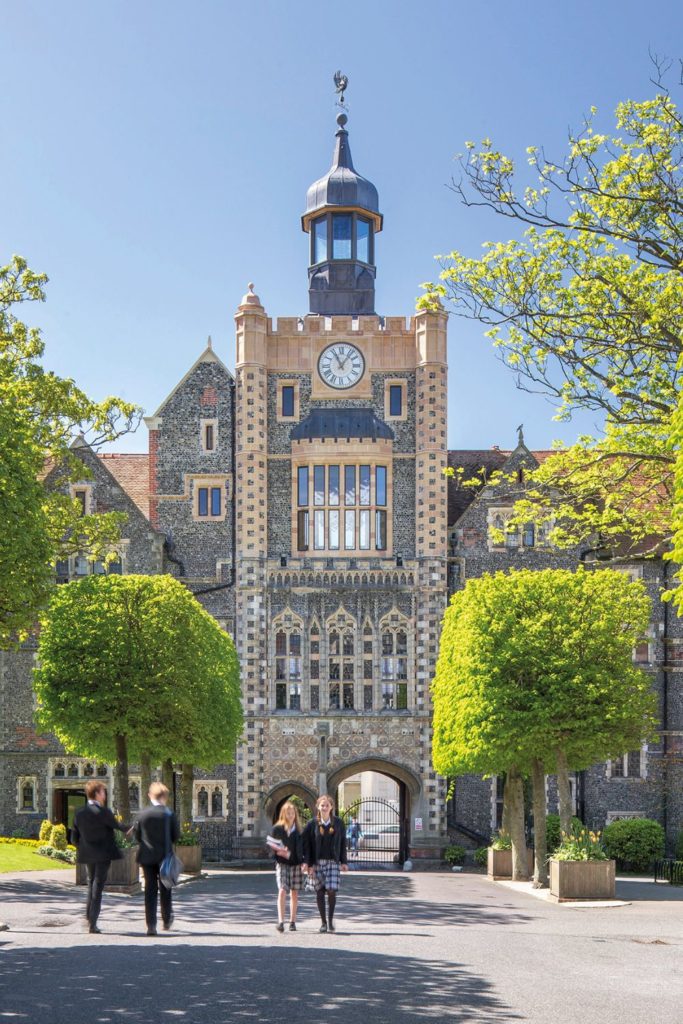How Can Parents Help With Homework?
By
9 years ago
Here's how to help them hit the books and develop good study habits

Q. My son is about to start secondary education at 11 at a private day school, and we have been warned his homework will be extensive. How much should we expect, how long should he spend per evening or at the weekend, and how much can I, or his father, help? Janet, south London

©Thinkstock
Most day schools will expect your son to take his homework seriously. Noeleen Murphy, Director of Studies at City of London School for Boys, warns: ‘There will be more homework to manage at an academically selective senior day school, than they have had to date. At CLS an 11-year-old boy would get up to 14 homework periods of 30 minutes, carefully spread across one week. Some might have to be done for the next day while others might not be due in for a while.’
To ensure you son keeps up, Ms Murphy suggests: ‘A good rule of thumb is to do the homework the night it is set and leave time at the weekend to clear the decks of everything due in the following week. Family life will have to take this change in schooling into account. I would also ensure that access to a computer is limited. Some pieces can be typed up, but there might be an insistence on handwriting still and “research” on the computer can be time-wasting. Although do check whether your child’s school has signed up to VocabExpress, as this is a great computer-based way for them to tackle vocab homework.’
Parents can help by making sure the child has somewhere quiet to work, probably at this age, in a public area of the house, where they can be discreetly monitored. Do it early in the evening, not after eight when your son is tired.
Parents can help with testing or by helping their child to go over a presentation. Be constructive with any criticism, prefacing it with something positive. If one piece of homework takes two hours, then write a note to the tutor as something isn’t right. But don’t do the work for them, pleads Ms Murphy: ‘There is nothing trickier at a parents’ evening than a father unhappy with the mark he got for his essay on the Battle of Hastings.’



